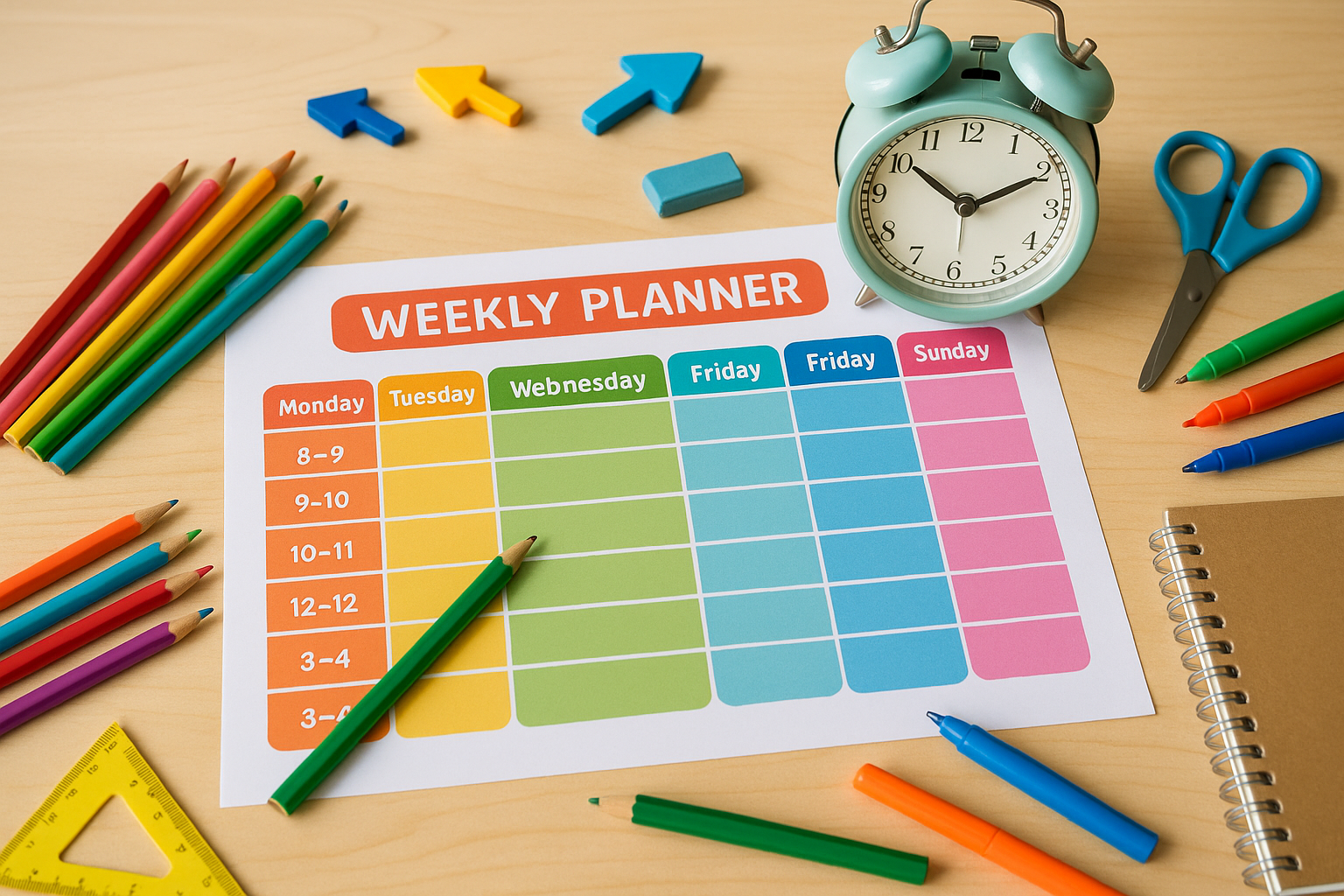Secret to Mastering Time Management for Kids Revealed
If you're eager to unlock the secret to helping your child manage their time effectively, you'll discover invaluable strategies and solutions that can transform their daily routine—browse options now to see how these insights can make a difference.
Time management is a skill that, when mastered early, can set the foundation for a lifetime of success. For children, learning to manage their time effectively can lead to improved academic performance, reduced stress, and a better balance between schoolwork and play. But how can parents and educators guide kids in developing this essential skill?
The Importance of Time Management for Kids
Time management is not just about keeping a schedule; it's about understanding the value of time and using it wisely. For children, mastering this skill can lead to numerous benefits. Studies have shown that children who practice good time management tend to perform better academically and have higher levels of self-discipline1. Additionally, these skills can help reduce anxiety and stress, as children feel more in control of their activities and schedules.
Strategies to Help Kids Master Time Management
There are several effective strategies parents and educators can use to help children improve their time management skills:
- Create a Routine: Establishing a daily routine helps children understand what to expect and when. This consistency allows them to allocate time for homework, chores, and leisure activities effectively.
- Use Visual Aids: Tools like planners, calendars, and timers can be incredibly helpful. Visual aids make abstract concepts like time more tangible for children, allowing them to plan their day better.
- Set Priorities: Teach children how to prioritize tasks by identifying what needs immediate attention and what can be postponed. This skill is crucial for managing time effectively.
- Encourage Breaks: Breaks are essential for maintaining focus and avoiding burnout. Encourage your child to take short breaks between tasks to refresh their mind.
